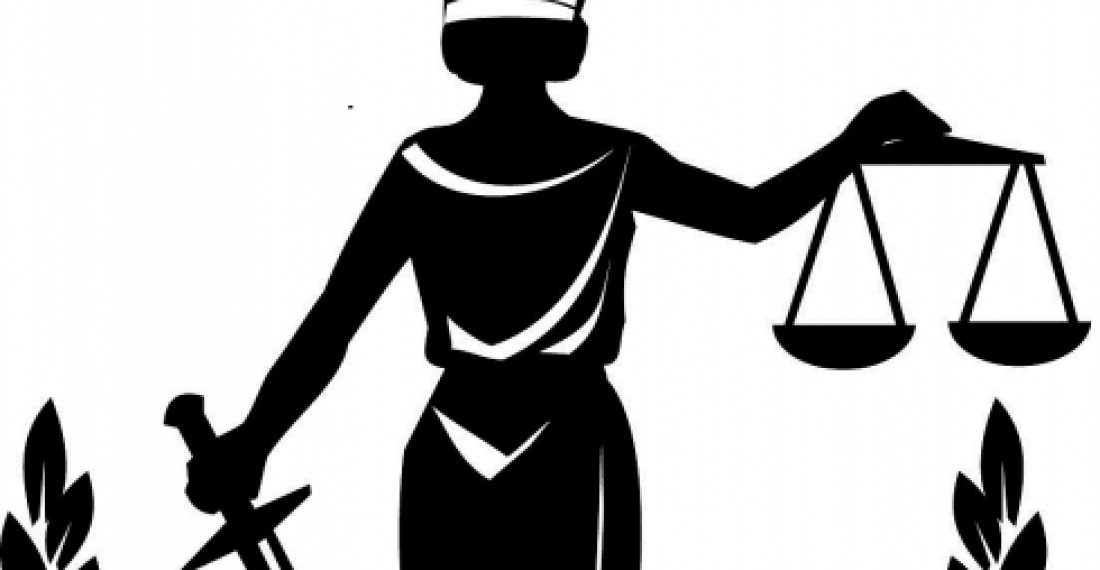OPINION:
The Government of Azerbaijan seems to have been taken by surprise by the strong reaction of the international community to the release of Ramil Safarov on his return to Baku on Friday, and his subsequent re-instatement and promotion in the Azerbaijani Army.
Azerbaijani media and officials have been quick to put the release in the wider context of Armenian-Azerbaijani relations, the situation around the Nagorno-Karabakh conflict, and the humanitarian suffering that resulted from it.
This however is only part of the story. There is alas a second part. Safarov committed a hideous crime in a European country for which he was tried and sentenced for life imprisonment. The crime took place in the context of an activity of the NATO alliance. The criminal was sent to this activity by the government of Azerbaijan, as its representative. Because of this fact alone the Government of Azerbaijan should have been cautious and prudent in its actions.
The European justice system is humane, even for the worst of crimes. The 1983 Council of Europe convention allows prisoners to serve their sentences in their homeland, so that they can be close to family and friends. It is understandable that the government of Azerbaijan would seek to have Safarov serve the rest of his sentence in Azerbaijan, and it is even possible to understand that the Hungarian government, having sought and received assurances that Safarov will continue to serve his sentence under Azerbaijani jurisdication would consider this request.
What happened afterwards is less understandable to say the least. The Armenian reaction to the release was predictable and probably predicted by Baku. What the Azerbaijani authorities have not understood perhaps is that their actions were a slap in the face to the European justice system, to the European Union, on whose territory the crime was committed, and to NATO, who was the host for both victim and culprit.
Ironically the strongest condemnations so far have come not from the European Union but from outside, mainly Russia and the United States. The European Union's first reaction was mainly focused on trying to ensure that the tension that has been created by this incident does not escalate into something worse.
Long term however there are wider issues to be considered and the implications of this case are yet to be fully digested.
This op-ed was prepared by the political editor of commonspace.eu







